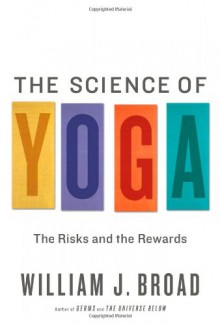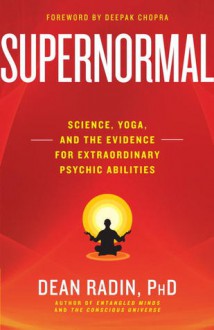
If you're prepared to learn yoga there are a number of essential things you must learn before you begin. By enabling you to cut back the inflammatory reply to the stressors on your entire body, yoga will help to decrease your odds of having some stress-related ailments. It could surprise some people to be aware there are various sorts of yoga to pick from. Among the best means of staying fit naturally, power yoga was considered one.
Want to Know More About Yoga for Weight Loss?
The best method to start yoga is to look for v locally, as you will be demonstrated the yoga postures and get guidance and tips on holding them. All of it depends which sort of yoga you're practising with respect to how long you should keep a pose. Yoga has changed into a vibrant tradition through the years. As mentioned above, it is a continuous learning process. Although it is a great and relaxing sport, you need to avoid these three mistakes if you ever want to make your mark. To start with, when deciding on a kind of yoga for weight loss consider your current degree of health and physical fitness. In general yoga for wellbeing is a holistic approach towards achieving general health.
If you're excited about learning yoga but aren't able to find a class in your town, you might want to receive your hands on an instructional yoga DVD that is widely on the net. Inside my view, yoga isn't a religion. In more general terms, it is seen as a practical way to help you achieve a state of inner balance, wholeness and calm into your life. It is a personal journey, based on your current level and capabilities. Yoga can be successfully performed whenever you're in an appropriate environment. Locating a yoga to get started with can be problematic for yoga beginners since there are assorted forms of yoga. It is necessary you know when you're beginning yoga you will want to start slow and ease your way to practicing the yoga positions.
Things You Won't Like About Yoga for Weight Loss and Things You Will
Traditionally, there is just one type'' of yoga that's hatha yoga. To the western world, it has become just another way to exercise and the spiritual aspects of it have been lost. It is also an excellent way to shed weight and boost energy and vitality. Practicing yoga regularly, can help you to cut back stress response inside your body. It also helps to get fluids flowing in your body. It is not prescriptive and does not dictate how you should live your life. Because, it doesn't matter whether it's yoga for beginners or yoga for master, it's not almost performing yoga.
The Foolproof Yoga for Weight Loss Strategy
An individual can meditate, without so much as practicing yoga. It looks like everyone knows someone who's doing yoga today. Yoga is appropriate for folks of all ages, including children. It offers something for everybody, no matter what age you are. Since it uniquely involves the training of the mind as well as the body, you will begin to overcome bad habits and learn control that applies to many aspects of your life. When you begin practicing yoga the most suitable way you can experience true health benefits. Bikram Yoga needs to be absolutely the most well-known sort of yoga practiced today.
New Ideas Into Yoga for Weight Loss Never Before Revealed
Should you be new to Yoga, you will also delight in these advantages. Step one is to work out why you would like to practice Yoga. With the evolved technological Earth, yoga is readily accessible to us. Therapeutic yoga will be able to help you overcome negative circumstances and attempt to accomplish your goals set in daily life.
If you've just started practising yoga, then you may have a couple questions which you're searching to reply. It has been shown that the yoga poses are extremely useful in regards to keeping up a high degree of joint flexibility. Yoga is similar to a tonic to your wellbeing and is helpful for your health. Yoga for beginners could possibly be somewhat challenging in the beginning, but when you've gotten used to the different yoga poses and techniques, it'll be an enjoyable, continuous learning practice.
The Birth of Yoga for Weight Loss
For people who are simply beginning yoga classes, there are a few vital things that you ought to know. Whether you choose to have a yoga class or start in the contentment of of your own house, if you start off slow and simple, you are going to be off to an excellent start. Our yoga classes can help you relieve the strain within your body but also teach you how you can use your body and mind in a unified way. It really is a web-based yoga class that will be very useful and beneficial to busy individuals who rarely discover the opportunity to spend on yoga activities.
Type of Yoga for Weight Loss
The advantages of yoga are tremendous and it's suited to individuals of all ages. The physical advantages of yoga can't be overemphasised, yet they're only a single portion of the picture. Among the many advantages of yoga is improved flexibility.

 Log in with Facebook
Log in with Facebook 






